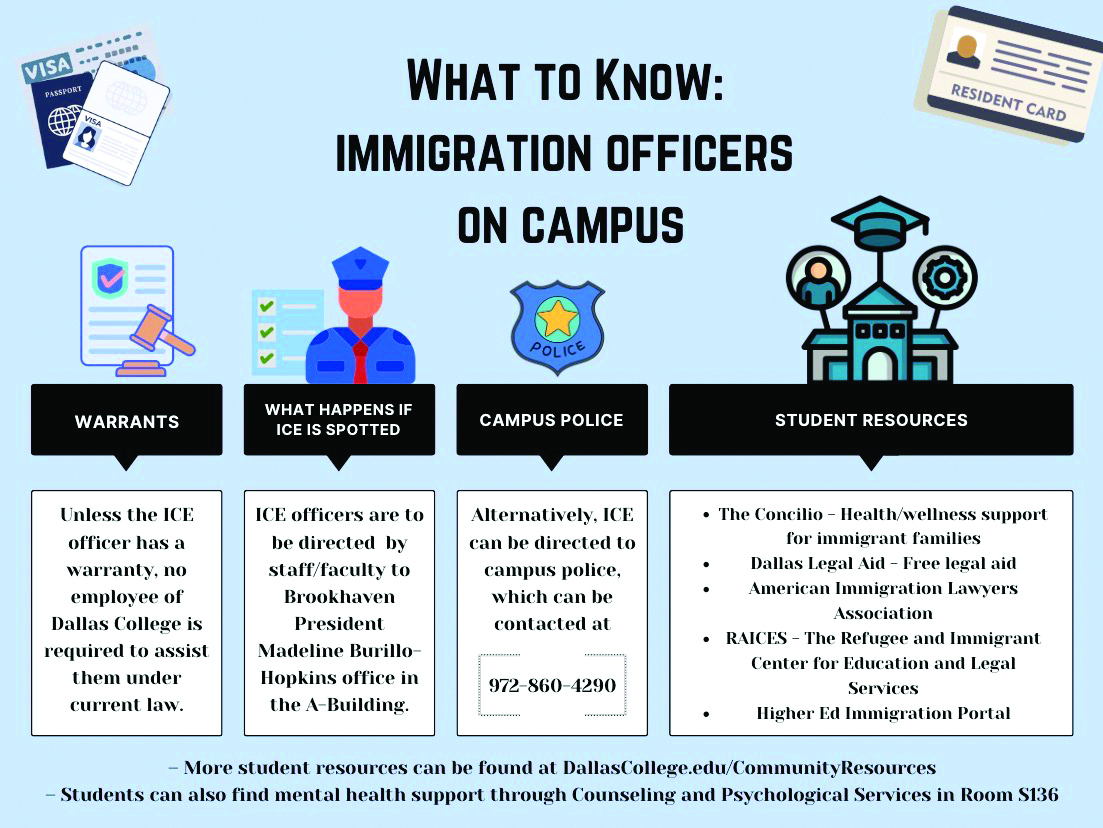By Maddox Price and Molly Mollotova
Chief Layout Editor and Staff Writer

JULY 1, 2000
Vermont became the first state to pass legislation allowing civil unions for same-sex couples. The civil unions granted individuals the same rights as married couples. Vermont still recognized marriage as between one man and one woman.
JUNE 26, 2003
The Supreme Court ruled criminalizing homosexual sodomy is unconstitutional. The case ruled sodomy laws are a violation of the right to privacy. The decision overturned Texas’ “Homosexual Conduct” law.
NOV. 18, 2004
Massachusetts became the first state to legalize same-sex marriage. The 4-3 vote ruled that laws prohibiting same-sex couples from wedding violated the state’s constitution.
NOV. 8, 2005
Texas passed Proposition 2. The constitutional amendment defined marriage in Texas as a union between one man and one woman. The proposition also prevented the creation or recognition of any identical or similar legal marriage status.
JUNE 26, 2013
The U.S. Supreme Court declared the Defense of Marriage Act unconstitutional. The court ruled 5-4 that same-sex couples are entitled to federal benefits. The decision opened the door for states to allow legal same-sex marriages.
FEB. 13, 2014
The 13th District Court of Appeals in Corpus Christi, Texas, ruled that marriages of transgender people must be recognized. Chief Justice Rogelio Valdez reversed a 2011 ruling on the validity of Nikki Araguz’s marriage to her deceased husband. Araguz was initially denied death benefits, such as life insurance and pension payments, because she was born male and Texas did not recognize her marriage.
FEB. 26, 2014
Texas ruled laws prohibiting same-sex couples from marrying are unconstitutional. Federal Judge Orlando Garcia at the U.S. district court for the western district said in his ruling: “Texas’ current marriage laws deny homosexual couples the right to marry, and in doing so, demean their dignity for no legitimate reason. Accordingly, the court finds these laws are unconstitutional and hereby grants a preliminary injunction enjoining defendants from enforcing Texas’ bans on same-sex marriage.”
APRIL 23, 2014
Judge Barbara Nellermoe of the 45th Judicial District Court of Bexar County found that Texas’ ban on same-sex marriage and divorce was unconstitutional. Nellermoe’s ruling paved the way for a same-sex divorce case between Allison Flood Lesh and Kristi Lesh, who were married in Washington, D.C. in 2010, to proceed in San Antonio.
JAN. 9, 2015
Oral arguments were heard on state marriage bans in DeLeon v. Perry, for which an opinion from appellate court justices is currently pending. The Supreme Court rules on the same issue for the states of Ohio, Kentucky, Michigan and Tennessee this summer.
JAN. 16, 2015
The Supreme Court agreed to hear cases from Ohio, Kentucky, Michigan and Tennessee in this upcoming term. The resulting decision will determine whether or not same-sex couples will be allowed to marry, regardless of the state they live in or how their home state defines marriage.
FEB. 17, 2015
Judge Guy Herman ruled that Texas’ same-sex marriage ban was unconstitutional. The ruling was in regard to an estate dispute between Sonemaly Phrasavath and her deceased partner’s family. Phrasavath and her former partner, Stella Powell, had an eight-year relationship, during which Powell died of colon cancer without a valid will. Herman’s ruling paved the way for Texas’ first same-sex marriage.
FEB. 19, 2015
Following Herman’s ruling, Travis County District Judge David Wahlberg ordered County Clerk Dana DeBeauvoir to grant a marriage license to Sarah Goodfriend and Suzanne Bryant, thus issuing Texas’ first same-sex marriage license. Shortly thereafter, Texas’ Attorney General Ken Paxton filed a motion requesting the state’s Supreme Court to issue a stay and block the rulings, which the Supreme Court granted – halting any further same-sex marriages until further notice.
FEB. 24, 2015
The Dallas Police and Fire Pension Board approved and extended same-sex partner benefits to its employees. In a release, DPFP Chair George Tomasovic stated, “Recent developments have led the board to believe we can provide our LGBT members the benefits they deserve without exposing DPFP to undue legal liabilities.”
SUMMER 2015
The U.S. Supreme Court has agreed to hear four same-sex marriage cases from Ohio, Kentucky, Michigan and Tennessee this upcoming term. Regardless of its ruling, the Supreme Court’s decision will settle the issue of same-sex marriage nationwide.






